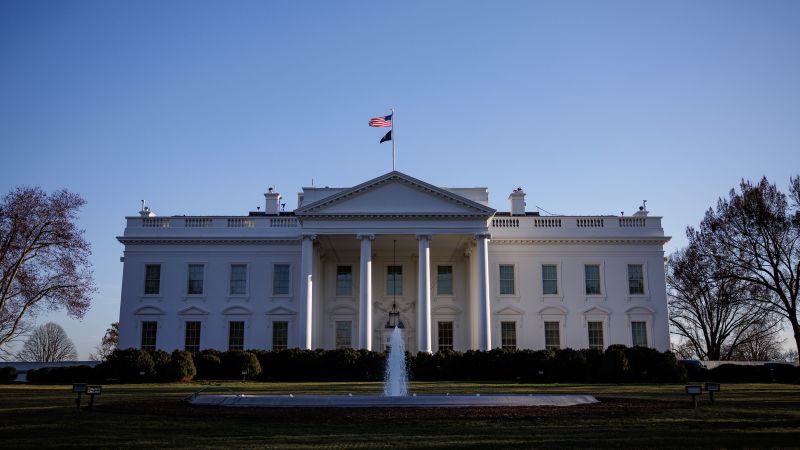On a notable Friday, over 100 officials at the National Security Council (NSC) within the White House faced administrative leave, attributed to a significant restructuring headed by interim National Security Adviser and Secretary of State Marco Rubio. This information came from two U.S. officials and an additional source acquainted with the situation, highlighting a substantial shift in the framework of the body responsible for guiding the president’s foreign policy agenda.
Prior reports from CNN indicated that a sweeping overhaul of the NSC was imminent. This restructuring included a reduction in staff and a transition towards a more centralized decision-making process, emphasizing hierarchical authority. This indicates an anticipated narrowing of input and oversight typically offered by a broader range of officials, a transformation likely aimed at amplifying control at the highest levels of the administration.
As news of the significant staff shake-up unfolded, NSC chief of staff Brian McCormack sent out a terse email at approximately 4:20 p.m., informing those affected that they had merely thirty minutes to vacate their desks. For those not physically present at the White House, the email instructed that they could arrange a later time to collect their belongings and surrender issued devices. The email’s subject line, “Your return to home agency,” suggested a notable number of those impacted had joined the NSC through details from different departments and agencies.
The strategic timing of this announcement—just before a lengthy holiday weekend—elicited criticism and comments of unprofessionalism from insiders. Observers noted that the abruptness of the decision created a challenging atmosphere for the employees concerned. Many of those placed on leave included both career officials and political appointees made during the Trump administration, indicating a comprehensive approach to the staff purges taking place under Rubio’s supervision.
In recent weeks leading up to these developments, members of NSC were reportedly being re-interviewed by the Office of Presidential Personnel in connection to this reshaping effort. Sources indicated that questions pertaining to the appropriate size and function of the NSC were among the topics discussed during these interviews. This suggests an introspective evaluation of the office’s role and effectiveness within the broader federal structure.
The NSC, traditionally staffed by foreign policy experts from various sectors of the U.S. government, acts as a crucial entity in coordinating foreign policy. However, under the Donald Trump administration, the NSC’s influence and role have notably diminished, with this restructuring set to further decrease its significance within White House operations.
Earlier in the month, a notable change included the removal of Mike Waltz, who previously led the NSC, representing the first significant staff shake-up following Trump’s new administration. Waltz’s departure paved the way for Rubio to assume a temporary role as NSC head, amid recognitions of his declining influence within the West Wing, exacerbated by an incident where he inadvertently included a journalist in a sensitive group chat discussion regarding military operations.
Additionally, even prior to this incident, Chief of Staff Susie Wiles expressed dissatisfaction with Waltz’s performance, further complicated by his waning influence. His eventual dismissal was largely illustrated by the administration’s responsiveness to pressure from activist Laura Loomer, who influenced the removal of perceived disloyal staff members from the NSC.
Contributions to this report were provided by CNN’s Katie Bo Lillis and Natasha Bertrand. The narrative reflects evolving dynamics within the Trump administration’s foreign policy apparatus and underscores ongoing tensions surrounding personnel management and strategic direction at key government levels. This story and its headline have been updated to include further details regarding the internal transformations within the NSC.



